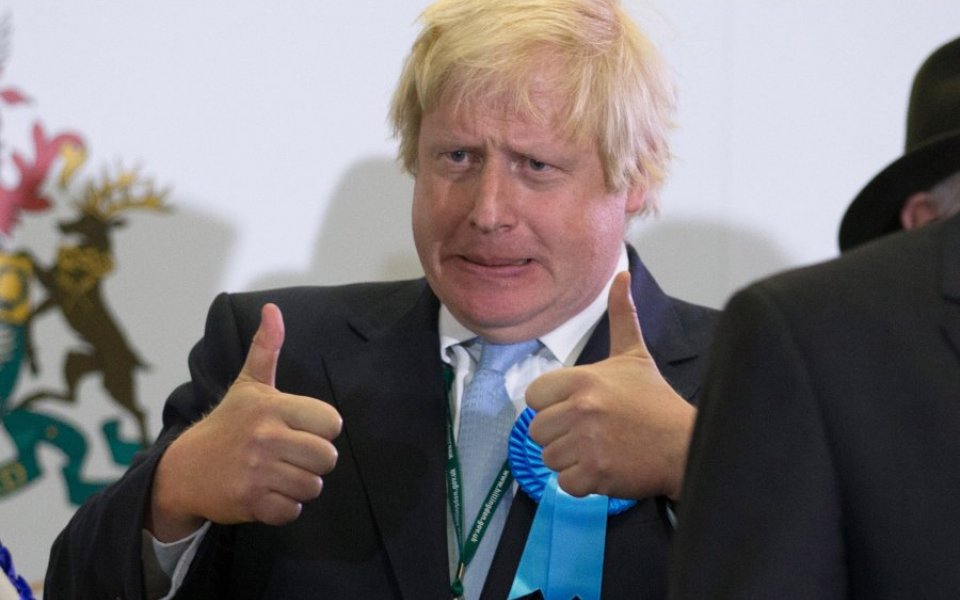London Assembly committee calls on Treasury to hand stamp duty over to Mayor

The London Assembly's Regeneration Committee has a strong message for the next Mayor: lobby for stamp duty devolution to secure sustainable funding for the city's transportation.
With London's population expected to grow to 10 million by 2030, the Committee says that increased transport is key to accommodate the growth. More funding would go toward developing less-loved areas of London that would eventually connect more people between work and home and remedy the population surge.
In a new report published today, the Committee also said that more transport investment can mean big bucks for property developers, further feeding the economy.
Gareth Bacon, the Committee's chairman, said: "Ultimately, in order for London government to recycle the benefits of development land value uplift into new infrastructure funding, the Treasury should give the Mayor control over stamp duty receipts."
However, the issue of fiscal devolution isn't new. The Mayor's London Finance Commission, chaired by Tony Travers from the London School of Economics and Political Science, has long proposed that council tax, business rates, annual tax on enveloped dwellings, capital gains property disposal tax and the stamp duty should be devolved to London.
The call from the Committee comes just two weeks after Chancellor George Osborne's 2015 Autumn Statement, where he announced further changes to the stamp duty. Starting April 2016 – after London's newest mayor takes office – second home buyers will pay a three per cent surcharge.
Osborne also slashed the Department of Transportation's resource budget by 37 per cent by 2020.
Bacon says that the "devolution of stamp duty is absolutely vital".
In addition to the devolved power, the Committee is also calling on TfL to renew the Growth Fund for another 10 years with a transparent bidding process and to better consult people living in a proposed-project area on changes.